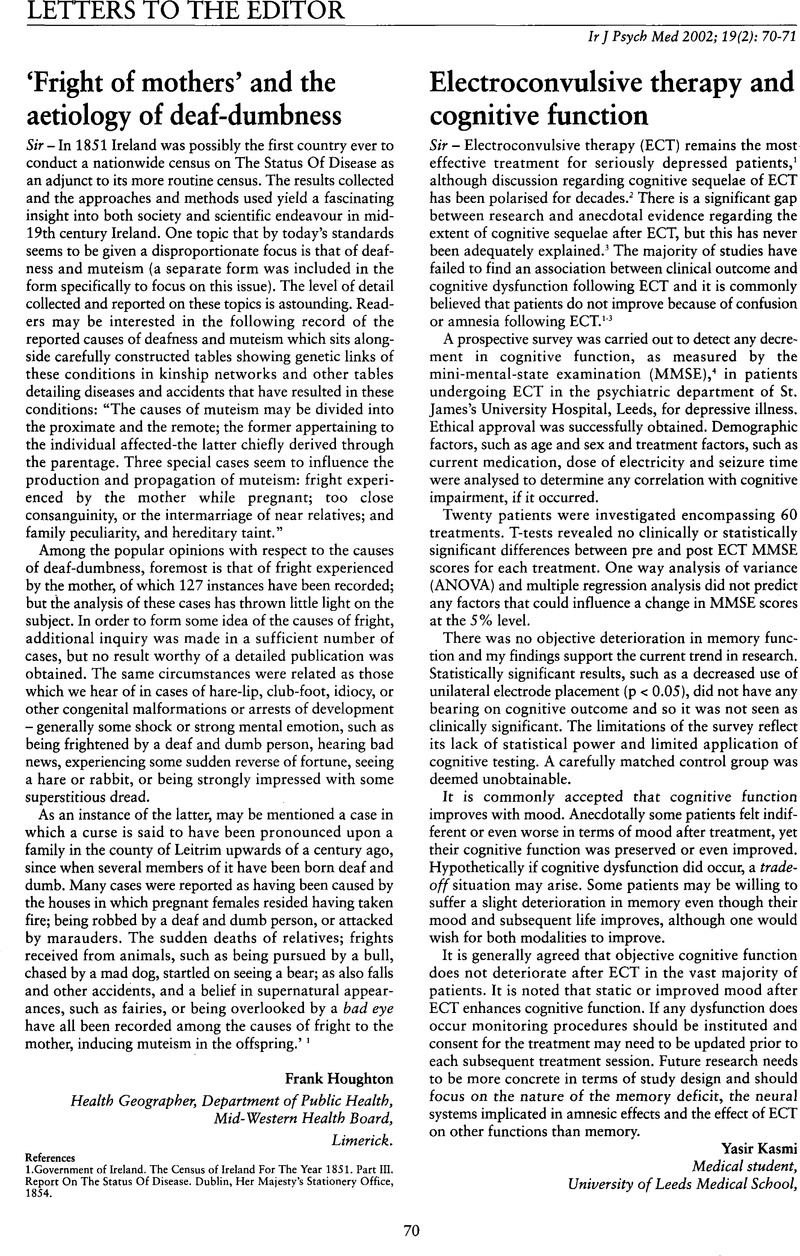Crossref Citations
This article has been cited by the following publications. This list is generated based on data provided by Crossref.
Zhang, Sha-Sha
Tian, Yu-Hua
Jin, Song-Jun
Wang, Wen-Cheng
Zhao, Jing-Xin
Si, Xiao-Ming
Zhang, Li
Xu, Hong
and
Jin, Jing-Yu
2019.
Isoflurane produces antidepressant effects inducing BDNF-TrkB signaling in CUMS mice.
Psychopharmacology,
Vol. 236,
Issue. 11,
p.
3301.



